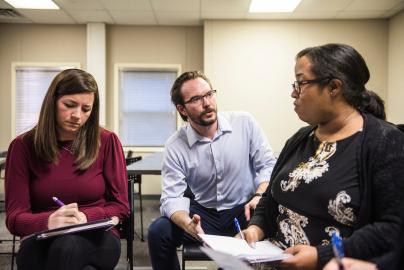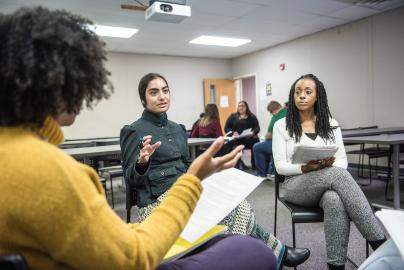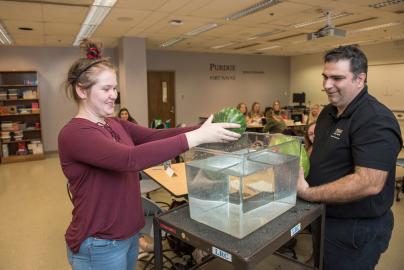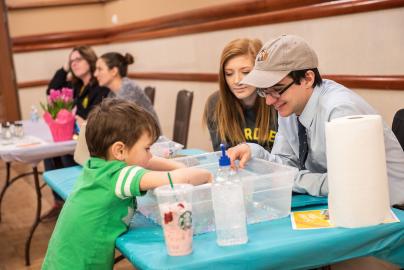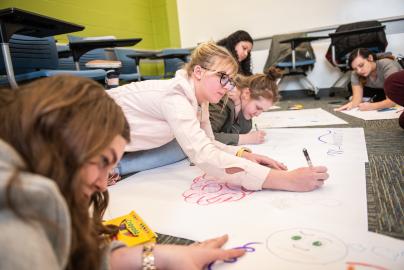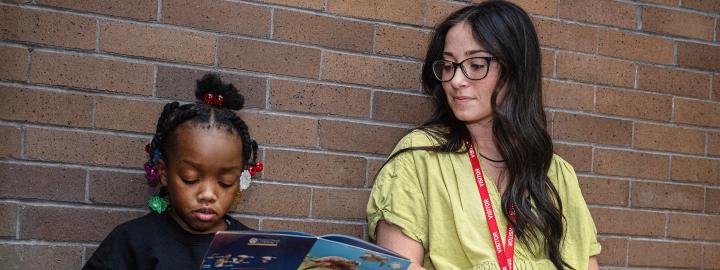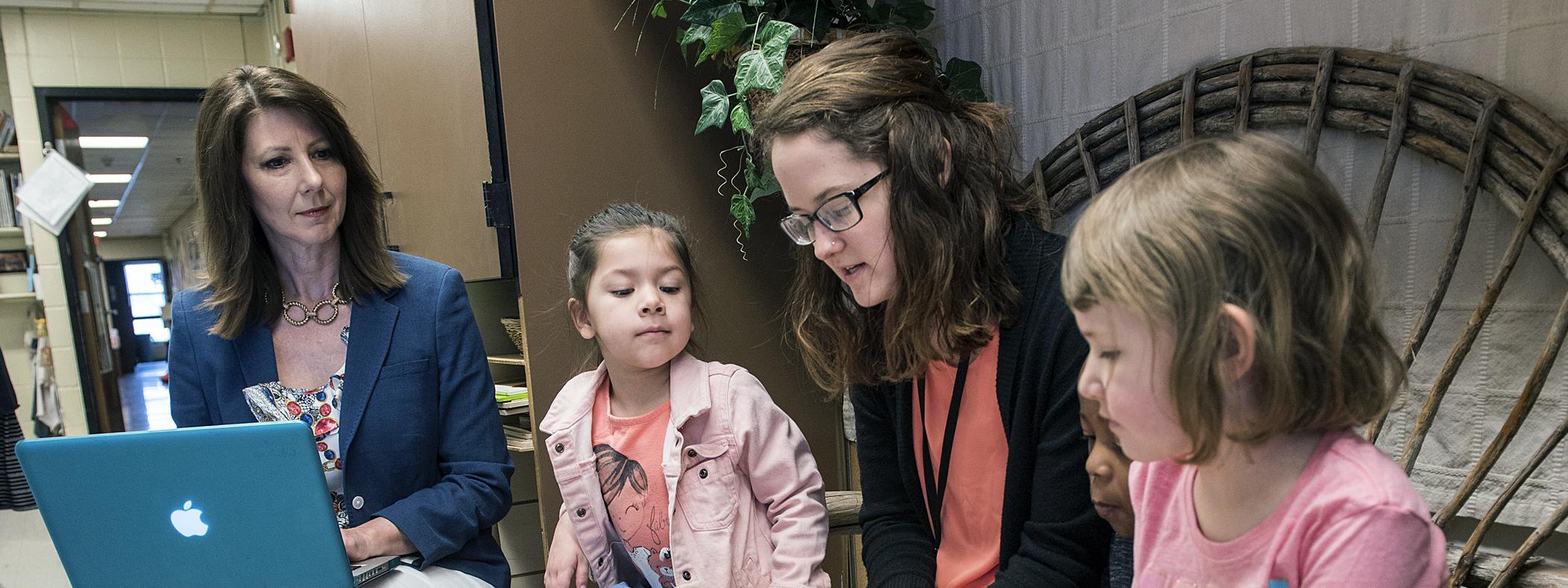
Counseling and Graduate Education Programs
Take the step to learn more and teach more.
With a graduate degree in education, you’ll become the master educator that your students need and deserve.
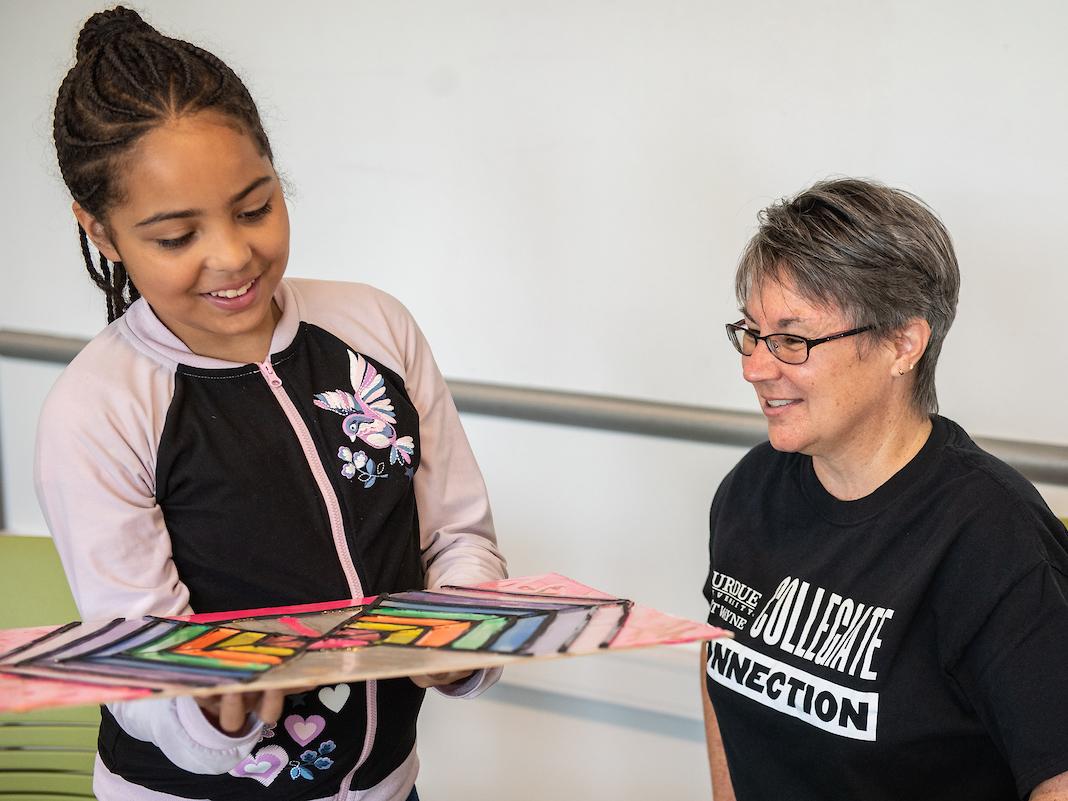
Elementary Education (M.S.Ed.)
The more you learn, the more you teach. Become the educator that the next generation needs with a master’s degree.

Program
Highlights
Program Highlights
- Immersive field experiences
- The ability to build a network of numerous references
- Support from the entire Mastodon community
- An understanding of students from diverse backgrounds with unique learning styles
- A prestigious Purdue degree
career and salary data
How far will you go?
General labor market and salary data are provided by Lightcast via O*NET and may not represent the outcomes experienced by Purdue Fort Wayne graduates in these programs. Purdue Fort Wayne graduates in these programs may earn salaries substantially different or less than the amounts listed. Salary and employment outcomes vary by geographic area, previous work experience, education, and opportunities for employment that are outside Purdue Fort Wayne’s control. Purdue Fort Wayne does not guarantee employment placement, salary level, or career advancement.
Student Learning Outcomes
Upon completion of this degree, students will be able to demonstrate the following learning outcomes:
- Renew their commitment to teaching toward a carefully considered vision of schools and society
- Cultivate supportive learning communities in their classrooms through disciplined inquiry into themselves, their students, and the relationships among them
- Plan and embark on a research project that offers insight into life and learning in their classrooms
- Design traditional and authentic classroom assessment tools, and utilize data from these and standardized tests to plan effective instruction for their students
- Adjust their learning environments, curriculum, instruction, and assessments to facilitate maximum learning for all their students, including those with special needs
- Develop specialized expertise in one or more content areas or education subdisciplines in order to strengthen their instructional practice and teacher leadership
- Coach
- Educator (informal)
- Interventionist
- Teacher
- School Librarian
- School Counselor
- Curriculum Designer
- School Administrator
